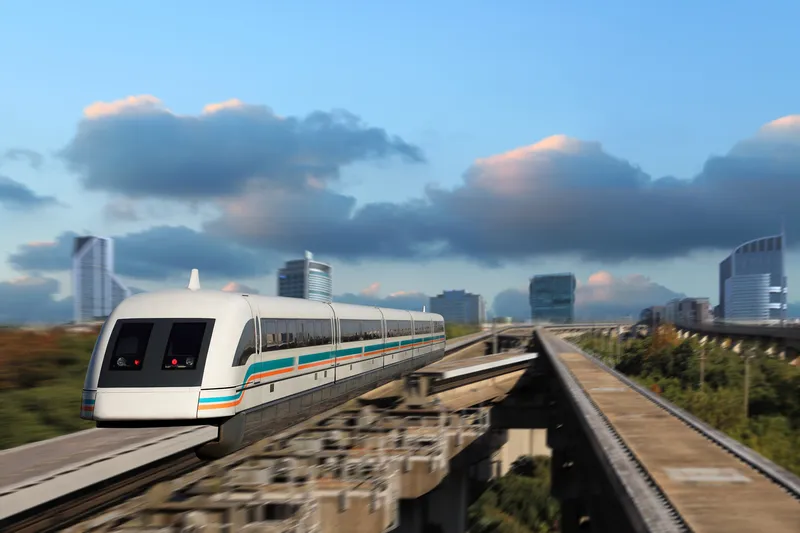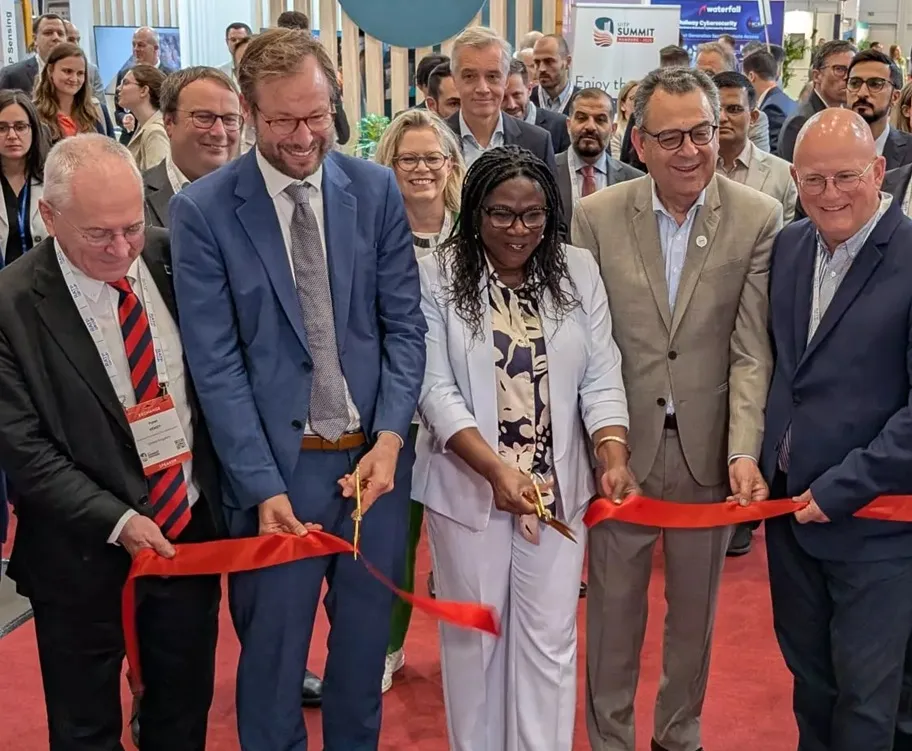Asian cities dominate the ranking of the world’s biggest and busiest metro systems, according to a new report from UITP, the International Association of Public Transport.
The report, World Metro Figures, is a comprehensive study on the current state of the world’s metro networks and highlights potential future developments. The report shows that in 2014, 156 cities around the world had a metro system in operation, nearly two thirds of which were in Asia and Europe.
The world’s busiest metro networ
November 6, 2015
Read time: 2 mins
Asian cities dominate the ranking of the world’s biggest and busiest metro systems, according to a new report from UITP, the 3833 International Association of Public Transport.
The report, World Metro Figures, is a comprehensive study on the current state of the world’s metro networks and highlights potential future developments. The report shows that in 2014, 156 cities around the world had a metro system in operation, nearly two thirds of which were in Asia and Europe.
The world’s busiest metro network is the Tokyo metropolitan area, with almost 3.6 billion passenger journeys per year, a 10 per cent increase compared to 2012. Chinese metro systems have also enjoyed significant growth and Beijing and Shanghai are second and third respectively, followed by Seoul and Moscow. Metros carry over 160 million passengers per day, 7.9 per cent more than in 2012, nearly half of which are in Asia.
Asian cities are also on top when it comes to the world’s longest metro networks, with the Chinese cities of Shanghai and Beijing boasting 548km and 527km of lines respectively, while London rounds out the top three with 436km. In 2014 alone, more than 500km of new lines were added in cities around the world.
The report also reveals that nearly a quarter of the world’s metro systems have at least one fully automated metro line. There are 732km of automated metro lines in 35 cities around the world, with Dubai (80km), Vancouver (68km) and Singapore (65km) at the forefront in terms of infrastructure length.
In the 40 years since the first fully automated metro line, the growth in automation has accelerated exponentially with every decade: current forecasts estimate the total to exceed 2,200km by 2025, with the MENA region and Asia spearheading this growth.
“Cities have always been at the core of growth and development and will continue to be the main engine of economic activity, entrepreneurship and creativity,” said UITP secretary general, Alain Flausch. “To fully reach this potential, we need to make sure people move seamlessly and can both access and contribute to the wellbeing of their cities. Metros play an instrumental role in helping cities to achieve their potential in today’s fast-changing world”.
The report, World Metro Figures, is a comprehensive study on the current state of the world’s metro networks and highlights potential future developments. The report shows that in 2014, 156 cities around the world had a metro system in operation, nearly two thirds of which were in Asia and Europe.
The world’s busiest metro network is the Tokyo metropolitan area, with almost 3.6 billion passenger journeys per year, a 10 per cent increase compared to 2012. Chinese metro systems have also enjoyed significant growth and Beijing and Shanghai are second and third respectively, followed by Seoul and Moscow. Metros carry over 160 million passengers per day, 7.9 per cent more than in 2012, nearly half of which are in Asia.
Asian cities are also on top when it comes to the world’s longest metro networks, with the Chinese cities of Shanghai and Beijing boasting 548km and 527km of lines respectively, while London rounds out the top three with 436km. In 2014 alone, more than 500km of new lines were added in cities around the world.
The report also reveals that nearly a quarter of the world’s metro systems have at least one fully automated metro line. There are 732km of automated metro lines in 35 cities around the world, with Dubai (80km), Vancouver (68km) and Singapore (65km) at the forefront in terms of infrastructure length.
In the 40 years since the first fully automated metro line, the growth in automation has accelerated exponentially with every decade: current forecasts estimate the total to exceed 2,200km by 2025, with the MENA region and Asia spearheading this growth.
“Cities have always been at the core of growth and development and will continue to be the main engine of economic activity, entrepreneurship and creativity,” said UITP secretary general, Alain Flausch. “To fully reach this potential, we need to make sure people move seamlessly and can both access and contribute to the wellbeing of their cities. Metros play an instrumental role in helping cities to achieve their potential in today’s fast-changing world”.








